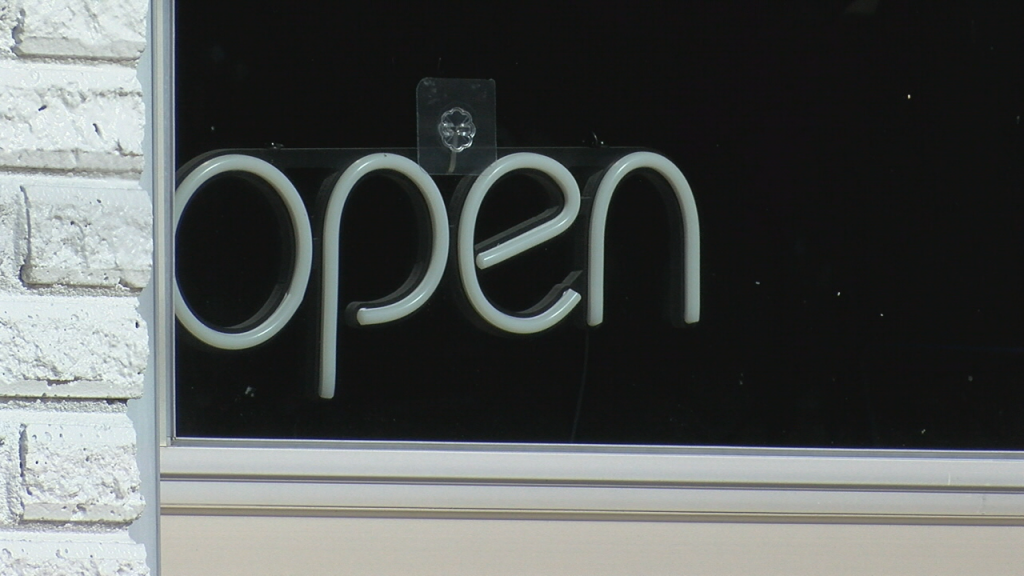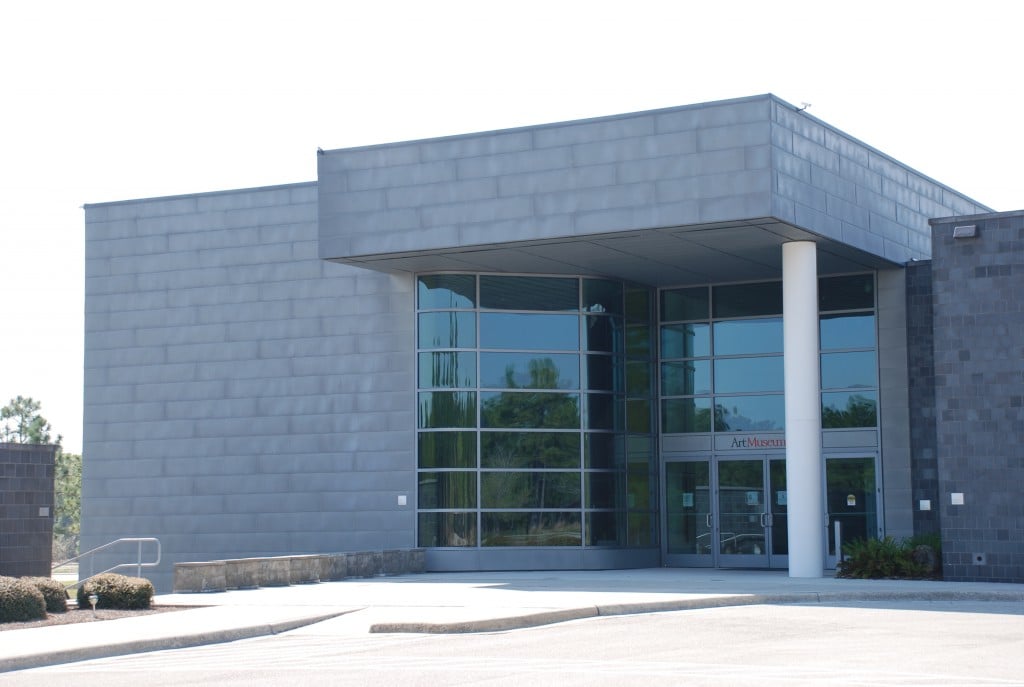State of Our Schools: Solutions
We continue our in depth look into the state of our schools.
The current state has some education leaders worried about the future of our country.
More students are dropping out, and experts say education isn’t a priority in some homes.
But, there are steps being taken to reverse this situation.
WWAY spoke with educators and education leaders to find out what is really going on within the school systems.
John Fischetti, UNCW Education Professor, said, “What we’re seeing is a laissez faire type attitude toward schooling while the rest of the world is working harder than us and dangerously economically we’re in peril.”
One of Fischetti’s many concerns is students dropping out.
“When we lose one individual today we’re going to be putting them in the state pen instead of Penn State,” said Fischetti.
We compared graduation rates of three very different school districts in our area.
In New Hanover County, about 86 percent of students get a high school diploma. In Pender County, 76 percent graduate, and in Columbus County nearly 69 percent of students graduate high school.
So what are our local schools doing to get these numbers up?
We spoke to principals, parents and students from Hoggard, Pender and East Columbus High Schools in search of an answer.
Each principal says their school is taking steps to improve.
Pender High School Principal Robbie Cauley said, “We’re going to add a couple of technical ed. Course offerings. We’re going to add a social studies class and we’re also looking for other opportunities that we can fit into our schedule with limited resources in order to provide some kids some real world type things.”
Dave Spencer, Hoggard High School Principal, said, “Those kids who feel like college, community college, or the military may not be what they want to be doing, we want to show them the importance of a basic education.”
Don Hill, East Columbus High Assistant Principal, said, “We’ve done many things to try and curtail the drop out rate, we have a dropout coordinator here that stays in touch with students that are at risk and tries to have them come back to school.”
Professor Fischetti said while these changes are good, they’re not enough.
“One of the things that we have to do right away is intervening with reading and computation. Algebra is the gateway for the future, and if you don’t succeed in algebra you’re cut out of the information age that we’re in,” said Fischetti. “You’re not going to go to a four year university. You’re not going to be able to get a job in the math, science, technology infrastructure that is the future if you look at all the jobs that are in the United States.”
Father and former New Hanover County School Board Member, Steve Bilzi agrees.
“They say 90 percent of our technology changes every 10 years, so we have to be ready to not only change with it, but have the educational system meet that challenge and change,” said Bilzi.
Education leaders believe, while the schools are in need of improvement, overall, it’s what a student puts into it, is what they, and their community will get out of it.
“The thing we need to do most is rearrange our value system so that the community, parents and school districts view the school as an integral part of the community and not just as a microcosm into itself,” said Bilzi.
Professor Fischetti said, “We’ve got to look internally in our families making sure that we re-instill that education is the perquisite for success in our family and in the country.”
Fischetti adds, these changes should start when the students are young.





Leave a Reply